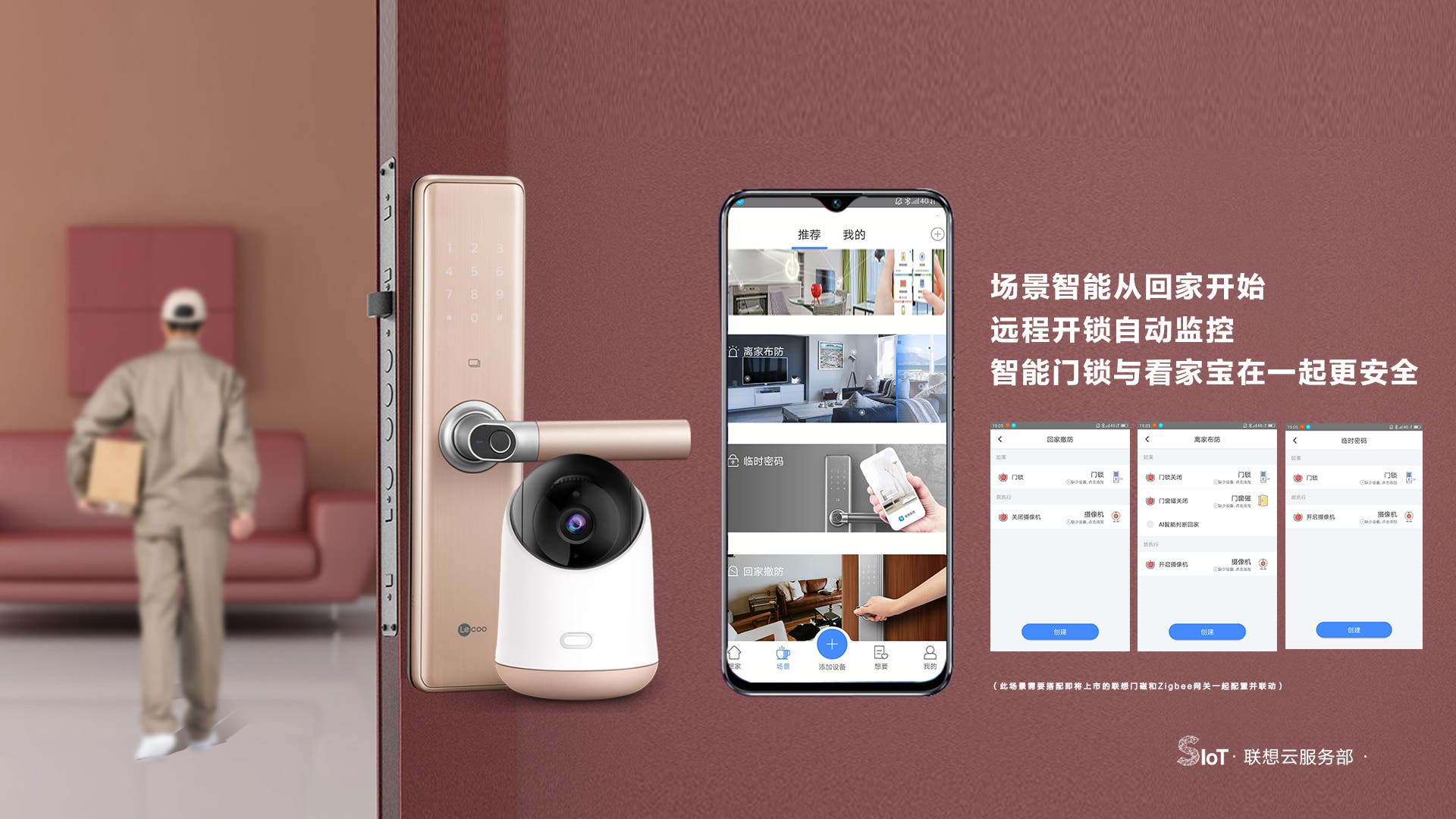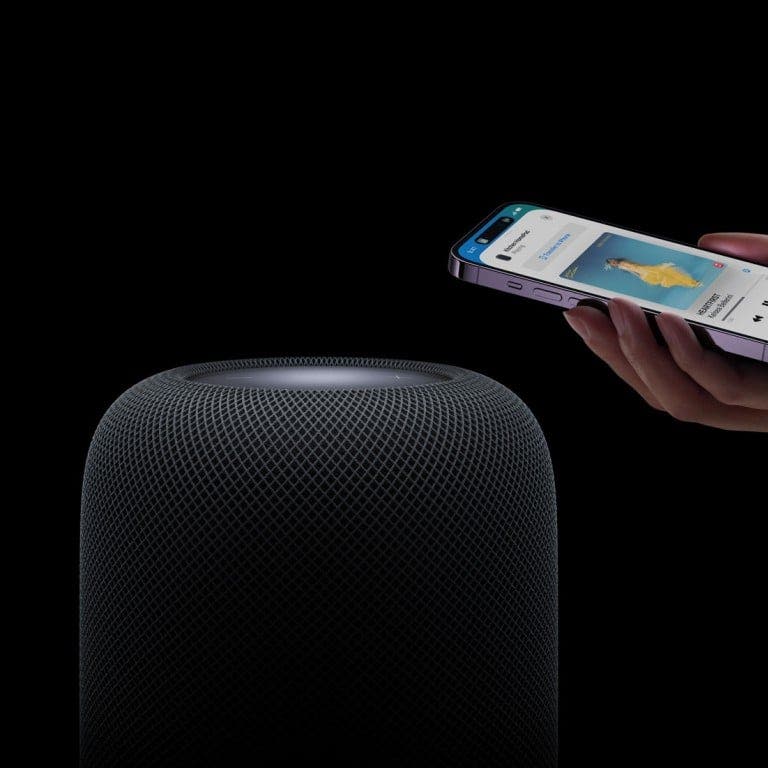The popularity of smart homes is on the rise due to their numerous pros, such as convenience, security, and energy efficiency. However, it has been pointed out by Howtogeek that most smart homes are dependent on online connectivity, which can expose them to big risks. It is good for a smart home to be able to function independently without relying on the internet. This is because smart homes that rely on the internet can face outages and are exposed to privacy breaches. As a result, tech brands should prioritize the ability to operate locally and offline while making sure that it remains easy to use and effective. Below are the top 10 reasons why we should aim for a smart home that can work offline

1. Increased Security
One of the biggest concerns with smart homes is security. When devices are connected to the internet, they are vulnerable to hacking and other cyber threats. By working without the internet, your smart home is less vulnerable to these types of attacks.
2. Greater Privacy
When your smart home is connected to the internet, it can collect a lot of data about you and your habits. By working offline, you can have greater control over your data and protect your privacy.
3. No Internet Outages
Internet outages can be a major issue, especially if your smart home relies on on the internet. According to Forbes, by working offline, your smart home will continue to function even if your internet goes down. Smart homes that work without the internet are more reliable than those that rely on an internet connection. Internet outages can cause smart devices to stop working. This can be a big issue for the smart home.
4. Lower Energy Bills
Smart homes can help you save money on your energy bills by regulating everything from temperature to lights. By working offline, your smart home can continue to provide these benefits without relying on an internet connection.
5. Increased Reliability
When your smart home is connected to the internet, it can only work well when the internet connection is very good. By working offline, your smart home is more reliable and less likely to face connectivity issues. The device will work just how it is designed to and the internet will not determine its level of connection.
6. Greater Control
When your smart home is offline, you have greater control over your devices. You can still use voice commands or a mobile app to control your devices. However, you don’t have to worry about them being controlled remotely by someone else.
7. No Compatibility Issues
When your smart home is offline, you don’t have to worry about compatibility issues with new devices or updates. Your devices will continue to work together seamlessly without requiring any updates or changes.
8. No Subscription Fees
Some smart home devices require a subscription fee to access certain features or services. By working offline, you can avoid these fees and still enjoy the benefits of your smart home.
9. Greater Autonomy
A truly smart home should be independent and autonomous. By working offline, your smart home can function independently of external factors like internet connectivity or subscription fees.
Gizchina News of the week
10. Increased Longevity
When your smart home is offline, it is less vulnerable to cyber threats and compatibility issues, which can increase the longevity of your devices. This means you can enjoy the benefits of your smart home for longer without having to replace or update your devices as frequently.

Problems of Smart Homes Working Offline
The top 10 reasons why your smart home should work offline is more of the pros. However, this article will not be balanced without a mention of the cons that hinders smart homes that do not use the internet. Some of the problems of smart homes working offline are listed below
1. Limited Functions:
Smart homes that work offline may have limited functionality compared to those that rely on an internet connection. Some smart devices require an internet connection to perform certain functions, such as receiving firmware updates or accessing devices from outside the home network.
2. Compatibility Issues:
Smart homes that work offline may have compatibility issues with certain devices. Some smart devices require an internet connection to work properly, which can cause compatibility issues with offline smart homes.
3. Setup Complexity:
Smart homes that work offline may be more complex to set up than those that rely on an internet connection. Homeowners may need to invest in additional devices, such as temperature, motion, contact, and water sensors, to ensure that their smart home can anticipate their preferences and needs.
4. Lack of Remote Access:
Smart homes that work offline may not offer remote access to homeowners. Homeowners may not be able to control their smart devices from outside the home network, which can be inconvenient for those who travel frequently.
5. Limited Device Options:
Smart homes that work offline may have limited device options compared to those that rely on an internet connection. Some smart devices require an internet connection to work properly, which can limit the device options available to homeowners.
Final Words
There are many pros to having a smart home that operates offline, such as increased reliability, enhanced privacy, cost-effectiveness, user-friendliness, and accessibility. By working without the internet, your smart home is more secure, private, reliable, and autonomous. It can also help you save money on your energy bills and avoid compatibility issues and subscription fees.
However, it also has some limitations, such as fewer features, compatibility problems, complex setup, restricted remote access, and fewer device options. Before making a decision, home owners should weigh their requirements and preferences carefully. This is to determine if a smart home that works without the internet or one with an internet connection is the best choice for them.
Author Bio
Efe Udin is a seasoned tech writer with over seven years of experience covering a wide range of topics in the tech industry. From mobile phones to tablets, Efe has kept a keen eye on the latest advancements and trends, providing insightful analysis and reviews to inform and educate readers.





